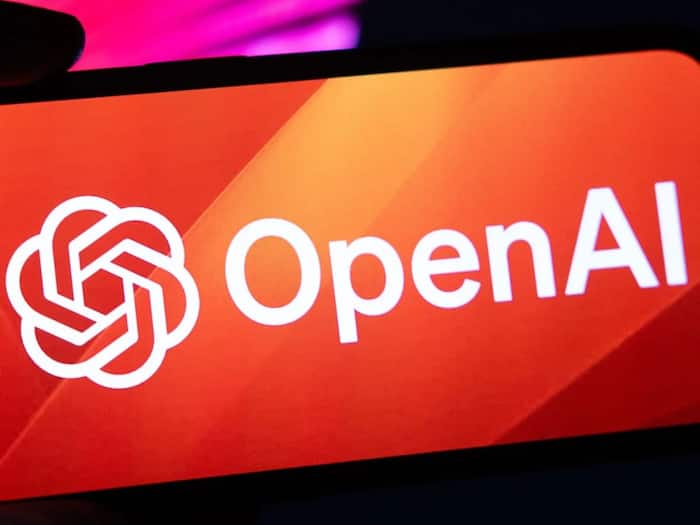
Written By Nishit Raghuwanshi
Published By: Nishit Raghuwanshi | Published: Jan 24, 2025, 04:12 PM (IST)

OpenAI is not going to stop anytime soon with its new releases that are taking over the industry. Now, the AI pioneers have dropped their first Artificial Intelligence (AI) agent named Operator. In simple terms, an Operator is a general-purpose AI agent that can autonomously perform tasks online on the basis of the prompts given to it. Also Read: OpenClaw founder Peter Steinberger moves to OpenAI: Here's what Sam Altman said
OpenAI mentioned that the Operator can be used to reserve a table in a restaurant, book tickets online, and even purchase products online. As of now, the Operator is only up for trial to the users in the United States, and that too only for the ChatGPT Pro subscribers. In the near future, we can get to see Operator being available for other tiers of OpenAI. Also Read: ChatGPT gets Lockdown Mode and risk warnings for safer use: What they do
The CEO of OpenAI, Sam Altman, said that the AI agents are basically AI systems that work for the users independently. The users can give them a task and they will accomplish it. As for the operator, it is powered by a Computer-Using Agent (CUA) which is an AI Model that integrates advanced reasoning with vision capabilities from GPT-4o. Also Read: This ChatGPT feature can build full reports for you
The agent was further trained with the help of reinforcement learning. It has the ability to interact with graphical user interfaces (GUIs) like menus, text fields, and buttons. The Operator can perform the tasks in the background if used in a dedicated browser.
Apart from that, the founder of the AI newsletter The Rundown AI who had early access to Operator shared his experience. According to his post, the AI agent was able to plan a weekend trip based on advice from Reddit on a specific budget with particular interests. As per OpenAI, the safety of the AI agent has been tested rigorously. The model has mitigations implemented against three safety tiers including misuse, model mistakes, and frontier risks.